Weeks into President Joe Biden’s term in office, China analysts are looking for clues as to how the new administration will approach its China policy.
U.S.-based China affairs commentator Tang Jingyuan said that the administration’s recent comments suggest that Biden may not want to confront China on tough issues.
Meanwhile, professor of China studies at University of Technology Sydney, Feng Chongyi, said that he believes the general state of U.S.–China confrontation may be the status quo for the time being.
China’s Pursuit
After U.S. media outlets projected Joe Biden to be the winner of the presidential election, Chinese leader Xi Jinping had sent a greeting telegraph to Biden on Nov. 25, 2020, asking for U.S-China cooperation.Then officials began using harsher rhetoric.
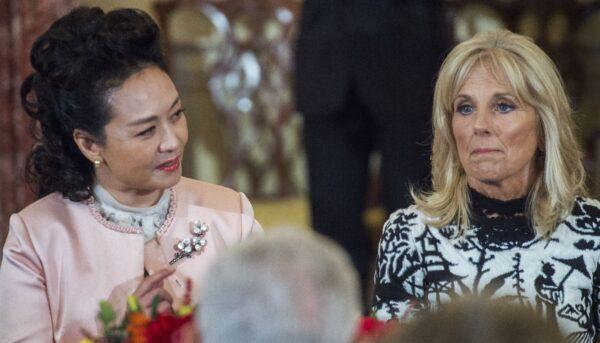
Chinese leader Xi Jinping urged in his speech to the World Economic Forum virtual conference on Jan. 25 that countries should reject the “Cold War” mentality.
At the same time, the Chinese regime authorized its coast guard to use force when faced with conflicts from other countries and performed a military exercise in the South China Sea from Jan. 27 to Jan. 30. It also sent dozens of warplanes to the South China Sea and Taiwan Strait.
Commentator Tang said that this soft and hard form of pressure “is a typical Chinese regime strategy,” analyzing that China’s ultimate goal is to “urge the Biden administration to talk to China.”
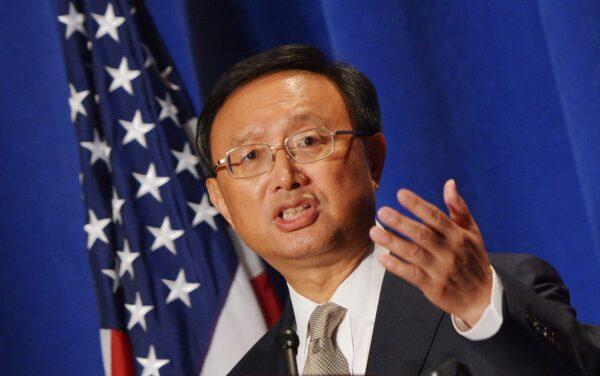
US Comments
On Feb. 2, White House spokeswoman Jen Psaki and State Department spokesman Ned Price answered reporters’ questions related to U.S-China policy during their press briefings.Asked whether Biden had plans to speak with Chinese leader Xi, Psaki said, “I don’t have any call to predict for you at this point in time.”
Psaki explained that Biden’s government would approach a strategic U.S.–China relationship “from a position of strength, and that includes engagement with our allies and partners.”
Asked the State Department’s response to Yang’s comments, Price said, “We urge Beijing to cease its military, diplomatic, and economic pressure against Taiwan and instead engage in meaningful dialogue with Taiwan’s democratically elected leadership.”
“We are in serious competition with China,” Price added, noting that the Chinese regime’s conduct “hurts American workers, it blunts our technological edge, it threatens our alliances and influence in international organizations, and China is engaged in gross human rights violations that shock the conscience.”
But he also noted that China and the United States could cooperate “on a limited basis” on issues of shared interest, such as climate change, by enlisting the help of allies in Europe, North America, and the Indo-Pacific.
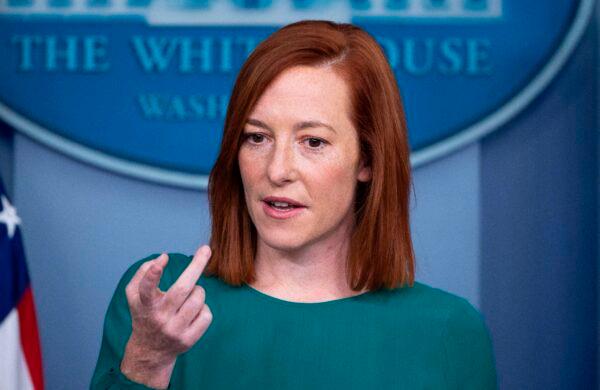
Analysis
From Psaki and Price’s briefings, HKET concluded that Biden would not be as China-friendly as the former Obama administration.Commentator Tang held a different opinion.
“We all know that the Trump administration launched very restrictive policies toward the Chinese regime. It’s impossible that the Biden administration would change this policy upside down overnight,” Tang said. But there were several actions that indicated the new administration was easing the pressure on China.
University of Sydney professor Feng pointed out that the United States and China have fundamental differences that would be difficult to resolve, such as the values each country cherishes and their political systems.
Meanwhile, on the “red line” issues that Yang Jiechi spoke about, there is bipartisan consensus among U.S. officials to punish the Chinese regime for human rights violations in Hong Kong, Xinjiang, and Tibet, as well as to support Taiwan, Feng said.
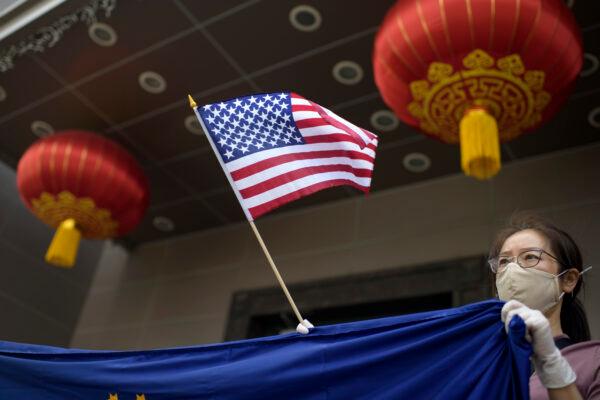
Feng believed that the Trump administration had built out the general structure for confronting the Chinese Communist regime. He believed it was unlikely Biden would change it for the time being.
If he were to, “Biden would need excuses to amend Trump’s policies on China. So far, the Chinese officials’ speeches haven’t offered up the necessary excuses for Biden,” Feng said.
But Feng thinks the administration likely won’t easily change the United States’ view of China as an adversary.
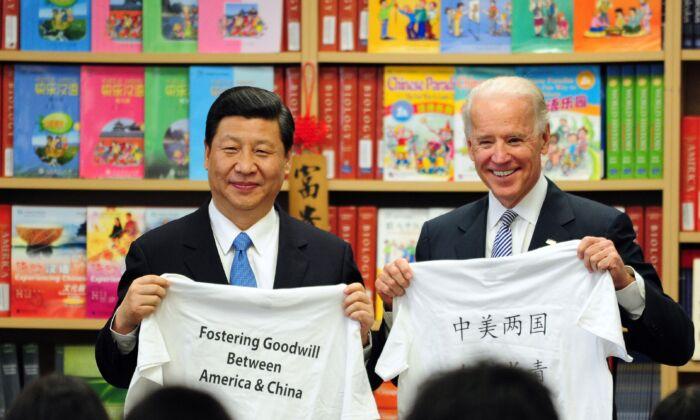

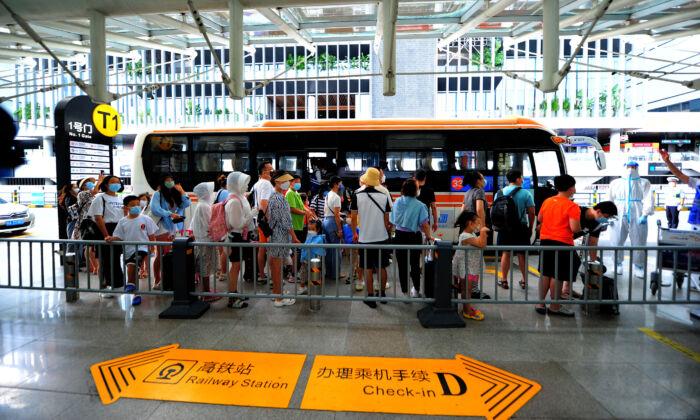
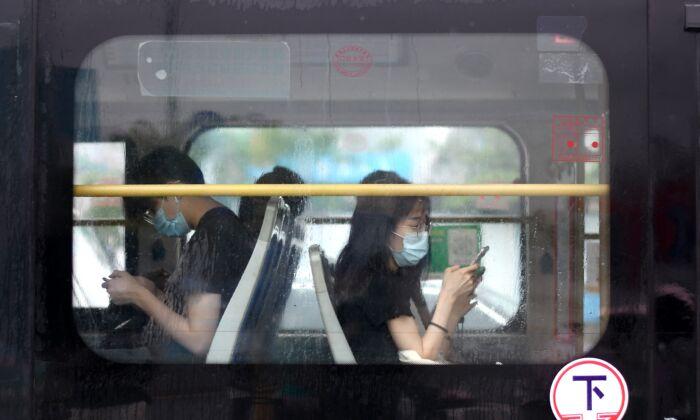
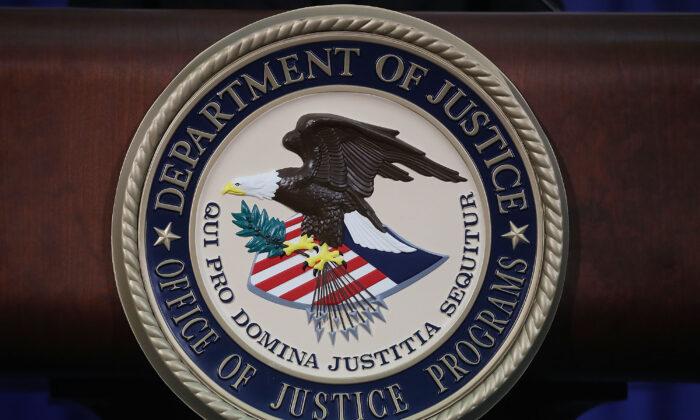

Friends Read Free